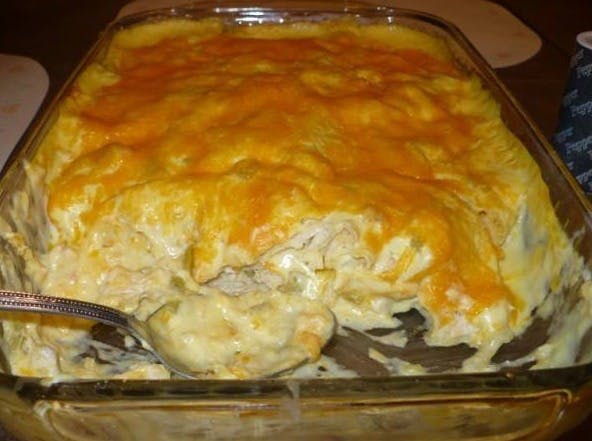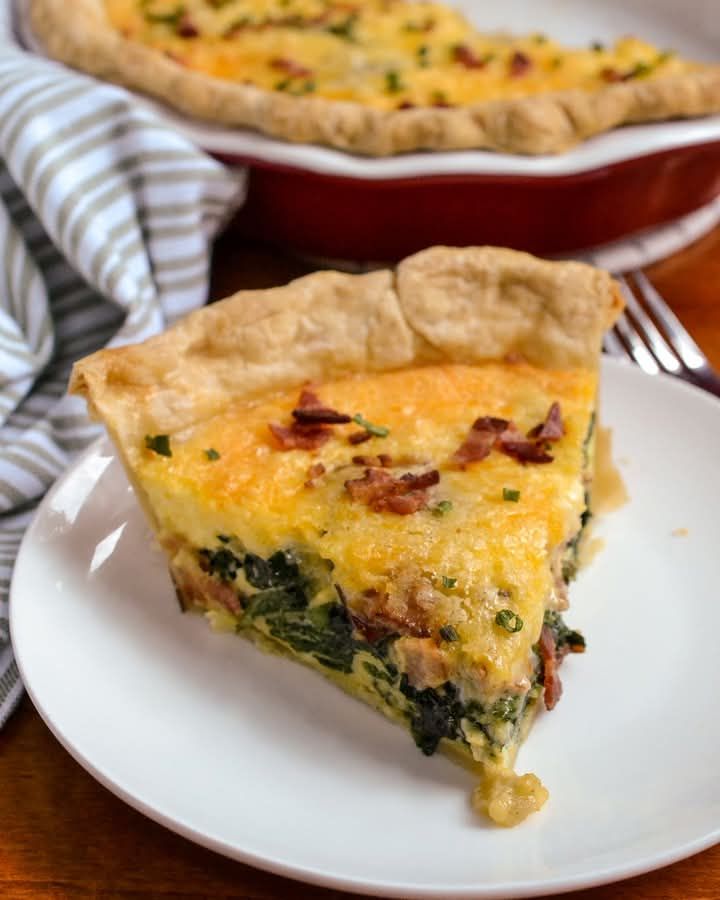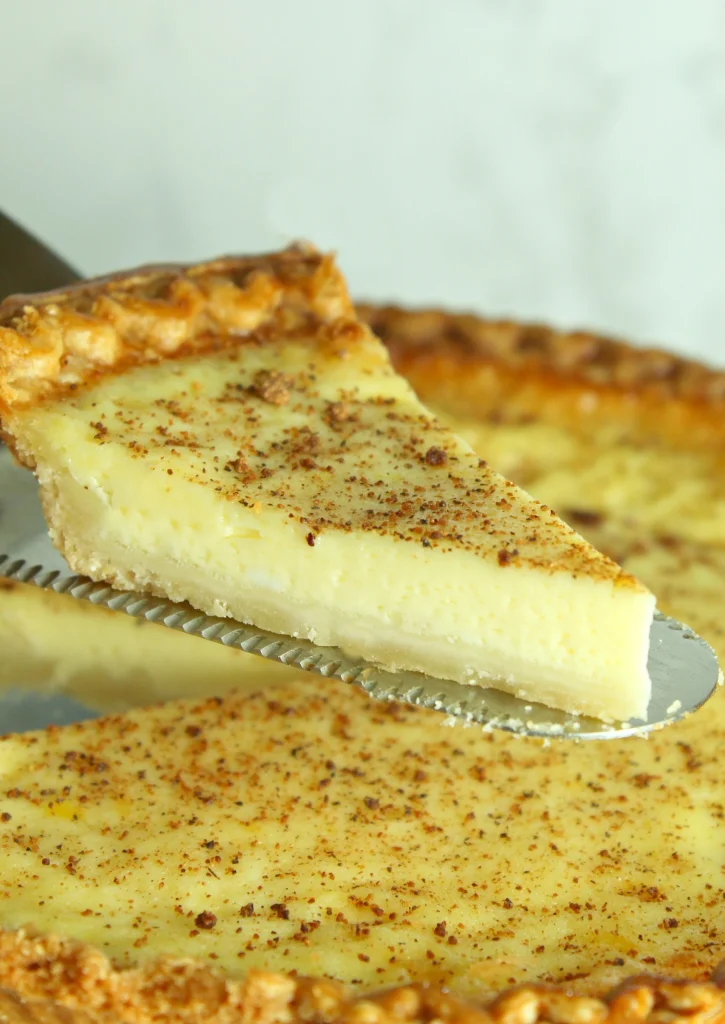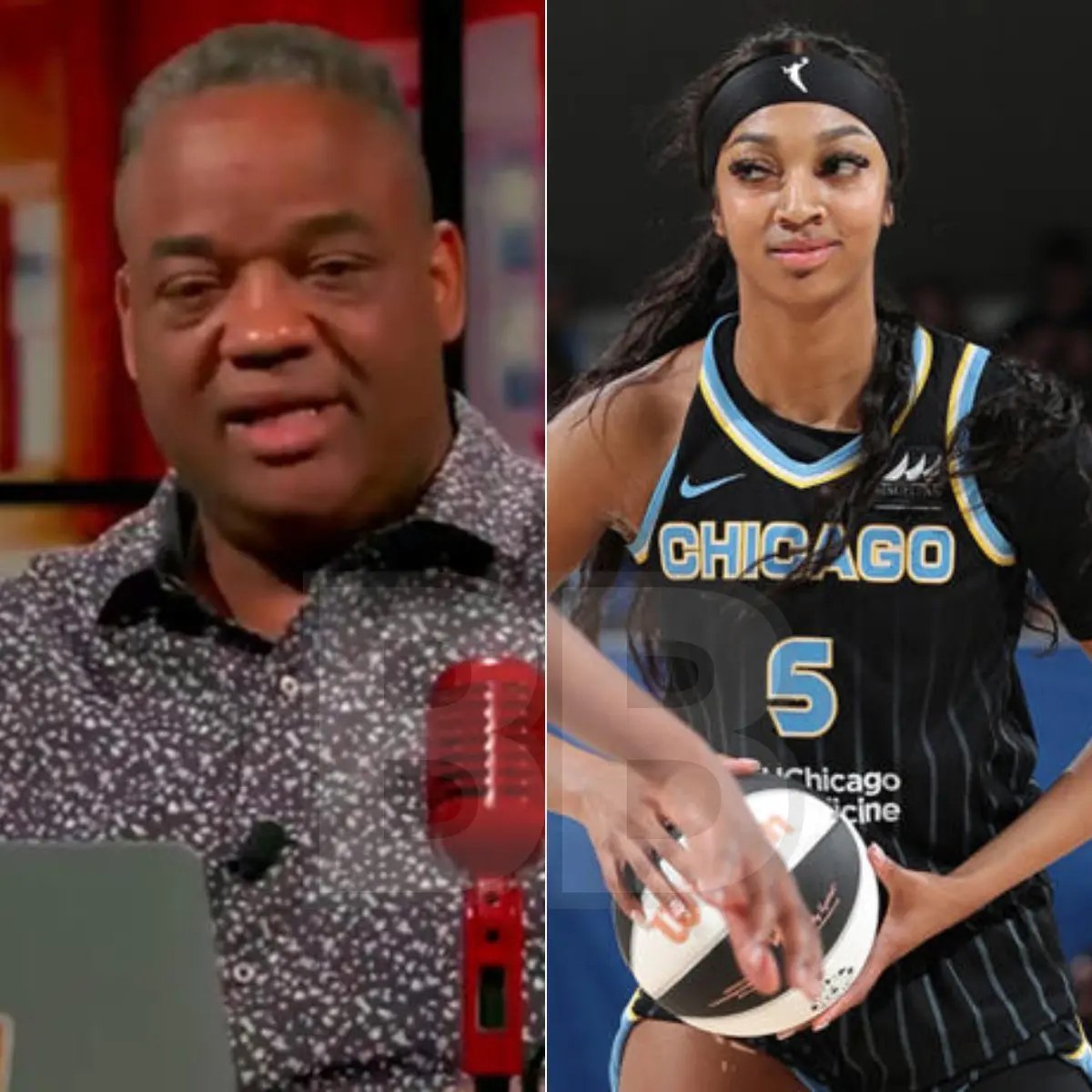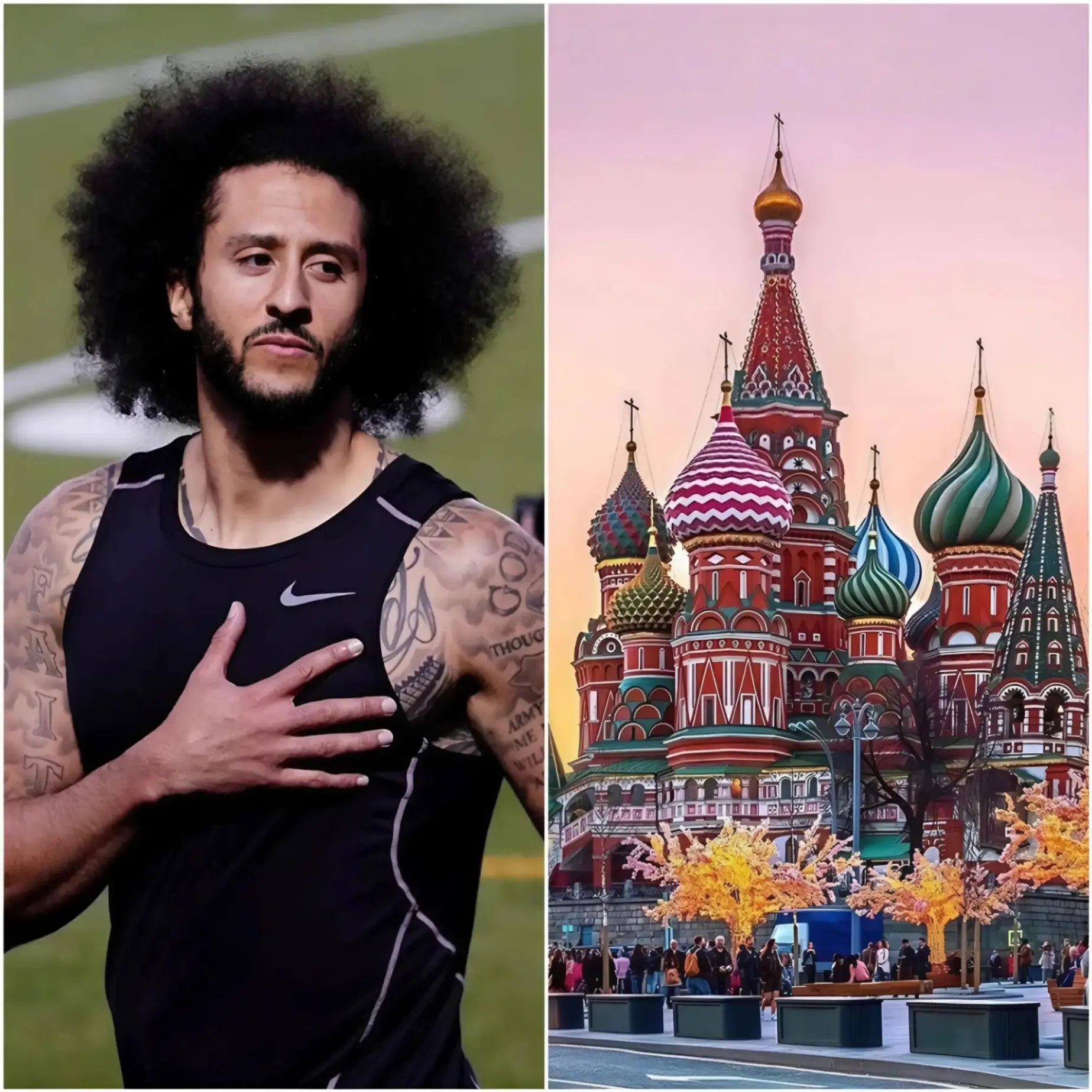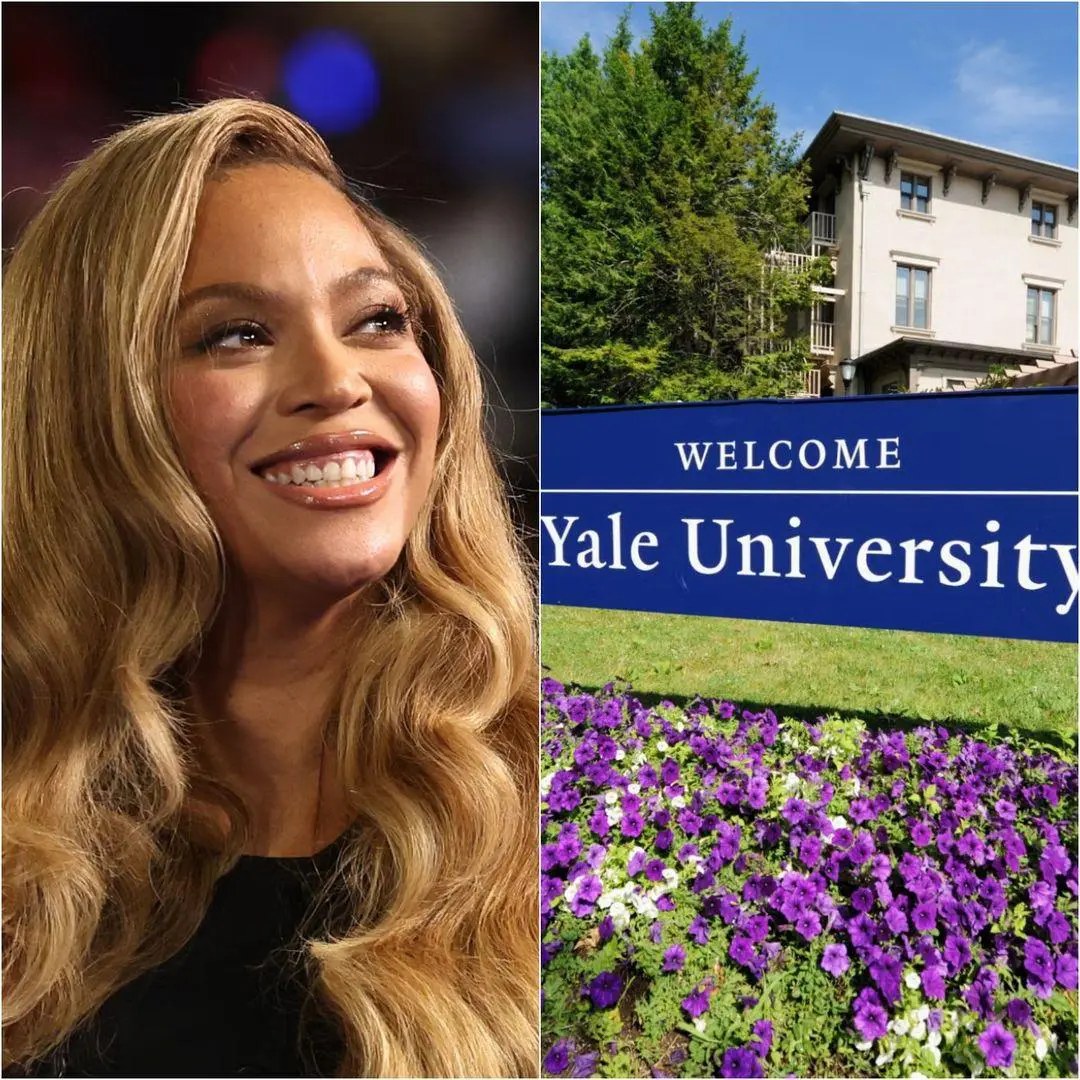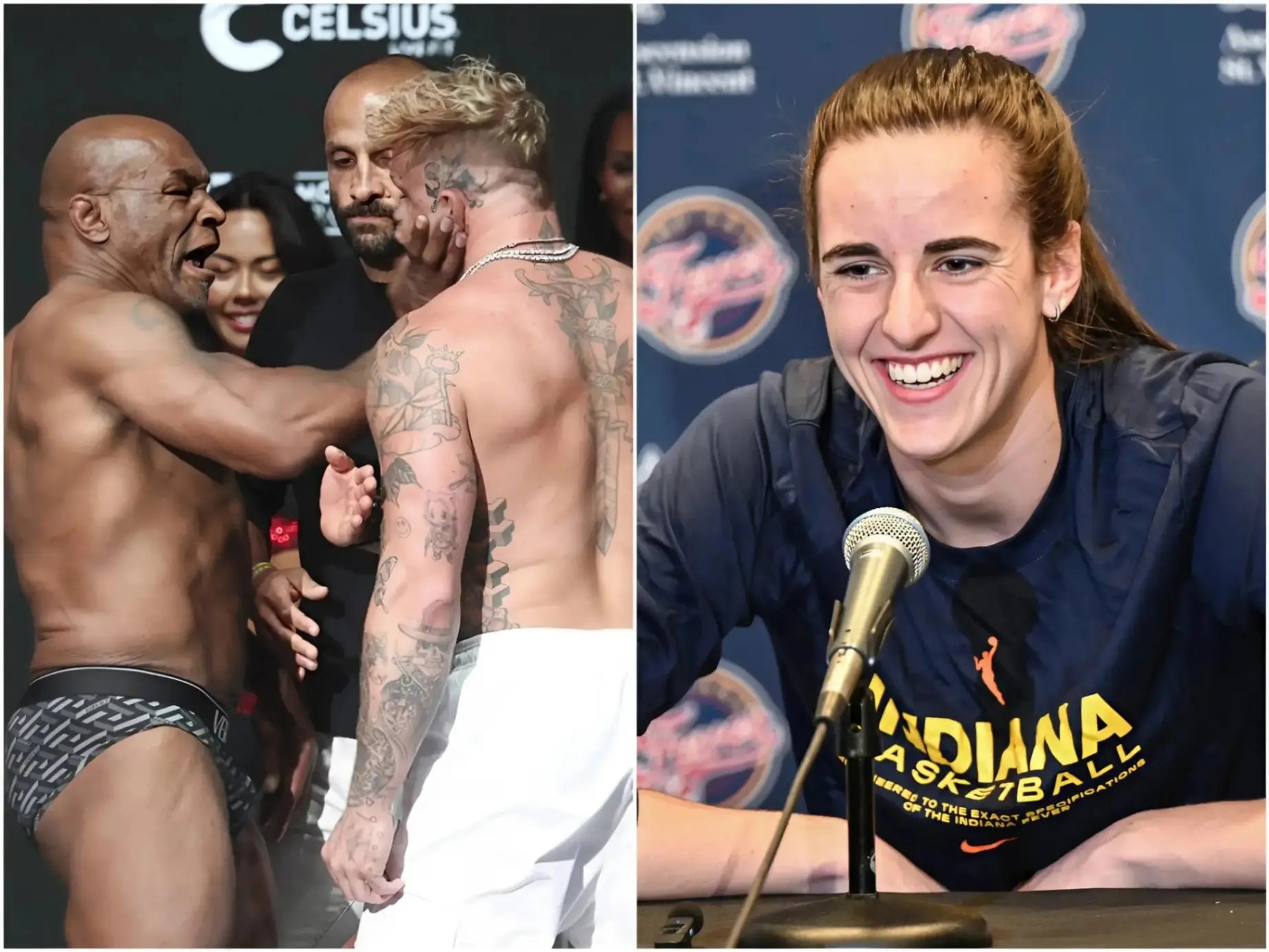Many fans see Belichick’s decree as a bold and necessary move to refocus his team on the game. “We don’t want politics in our football,” said longtime Patriots season ticket holder Gary McAllister, whose collection of Patriots memorabilia is rivaled only by his lack of tolerance for social justice movements. “I come to watch touchdowns, not protests. If I wanted to see a bunch of people kneeling, I’d go to church.”
Others, however, see Belichick’s comments as a direct violation of the players’ First Amendment rights. “This is about more than football,” argued Kendra Thompson, a civil rights advocate and occasional Patriots fan, depending on how the season’s going. “Kneeling is a powerful form of protest, and to silence that is to silence the voices of marginalized communities. It’s disappointing, but not surprising, coming from an organization that probably spends more time practicing their deflated football drills than engaging with real societal issues.”
Belichick, who has never been one for long-winded explanations, responded to criticism in the same way he always does: with a shrug, a grunt, and an “on to Cincinnati” attitude. He refused to elaborate on the decision, leaving fans and commentators to speculate whether this is a genuine stance on patriotism or just another strategy to keep his players focused on one thing and one thing only—winning.
Crab and Shrimp Seafood Bisque – OMG DON’T LOSE THIS
Sour Cream Chicken Enchilada Casserole
Chocolate Tart
SPINACH QUICHE
Single Mom of Four Buys Used Car, Owner Tells Her to Look In Trunk When She Gets Home — Story of the Day
Savory Pierogi with Meat: A Traditional Polish Treat
Sausage Egg Casserole Topped with Cinnamon Rolls
Irresistible Tiramisu Truffles: A Decadent Italian-Inspired Treat
Old Fashioned Cream Custard Pie

